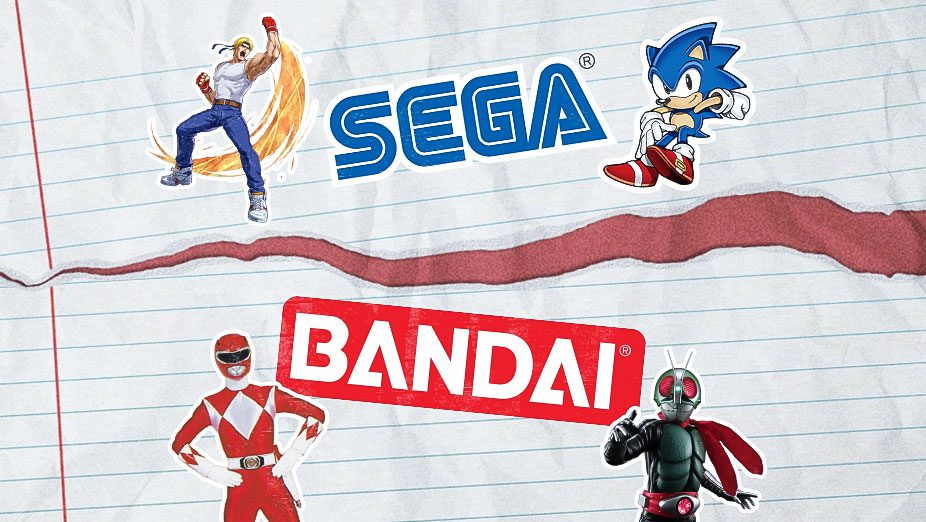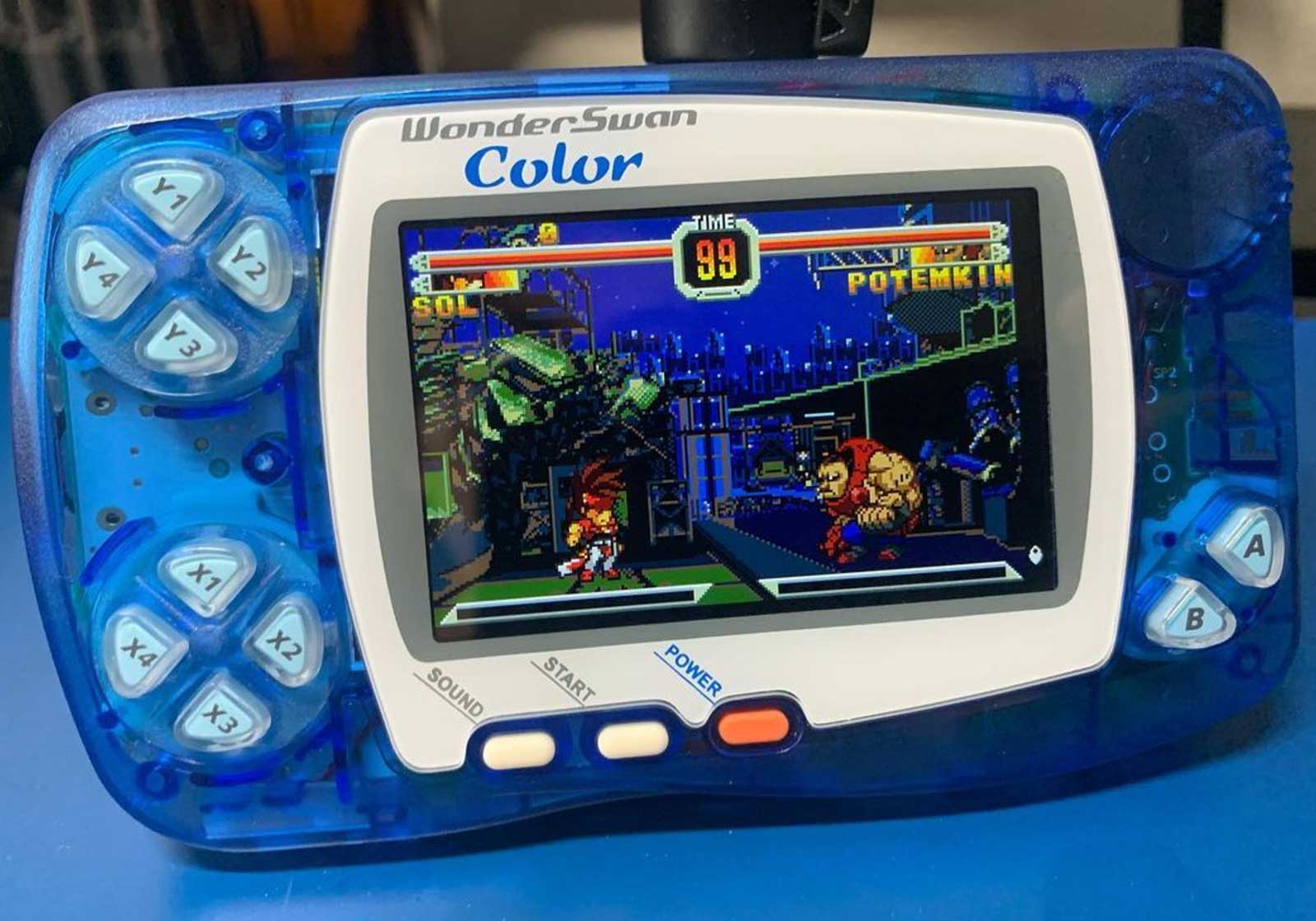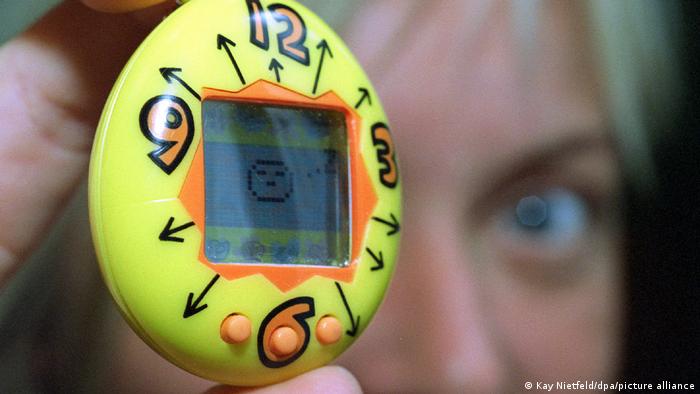What happened! Sega, Bandai, and the failed merger
What happened! Sega, Bandai, and the failed merger

Bandai and Sega were about to merge
Sega has a long history in the gaming world, and it is one of the home hardware makers who had a relative role in increasing the reach of the gaming industry among older gamers before the PlayStation by targeting celebrities and older age groups than those targeted by Nintendo, and the Sega Genesis device was (or MegaDrive in other regions) the first device to shake the throne of Nintendo in the gaming world and outperform the American holiday season sales over its Super Nintendo counterpart in the early nineties, especially with the release of the hugely popular game Sonic the Hedgehog.
Bandai and Sega and the attempt to merge
Despite the reasonable success of Megadrive in the first half of the 1990s, the company's next machine, Saturn, never succeeded in repeating those successes. Sega's bet on fidelity to arcade, sprites, and 2D games may have led to an innovative and popular game library quite popular in Japan. Wrong on the global market level compared to the first PlayStation and even the Nintendo 64. Needless to say, Sega's financial results were in a continuous decline in the second half of the nineties.
Sega had a plan to expand at the time, and this plan was simply to buy Bandai and form the Sega Bandai, Ltd. business group. Sega wanted to increase its influence and power in various entertainment fields outside of video games such as comics and dolls, and Bandai seemed an ideal partner, so it was the largest doll maker in Japan and the third largest doll maker in the world at the time, and thus Sega announced in the beginning of 1997 that it would acquire Bandai entirely for $1 billion.

Wondercoin - Bandai's unsuccessful portable device
The acquisition seemed justified for both parties Although analysts at the time were skeptical about the feasibility of the merger due to the few things in common between the two companies, Bandai would have been able to launch a series of entertainment products based on Sonic and other popular Sega brands, and would help Sega transform into an entertainment business group A giant Walt Disney-style, or that was the ambition at least. As usual, the history of video games in Japan is shrouded in mystery and until now the true reason for the merger failure is only known by Bandai's rejection of the deal in May 1997. Reports at the time indicated that Bandai's employees were also angry and reluctant to merge for fear of changing the company's culture under Sega's presidency.
The merger was unsuccessful
A lot of apparently angry messages from Bandai employees knocked on the doors of the management that met in May 1997 and decided to reject the merger. From Sega the following year 1998, he was said to have exited his position not only because of Sega's financial performance in 1997, but also for the failure of the merger.
Then it turned out that Bandai had its plans for the gaming market as well, as the company launched the WonderSwan mobile device in 1999, and we wonder here if the launch of this device was a response to the failure of the merger that would have made Bandai a hardware maker and a first-party company, or if it was an expansion of the company's perspective and a rose He made a point on the success of her wildly popular game Tamagotchi, and we wonder if Tamagotchi's overwhelming success has anything to do with the failure of the deal as well. Bandai may have felt that she could enter the hardware market alone, but this remains just an analysis that may be right or wrong.
Do you remember the tamagotchi?
Sega and Bandai are an unsuccessful tale and a merger that ended in complete failure, the two companies announced their desire to collaborate after that but we didn't see much. Sega merged with Sammy years later and exited the home appliances market after the commercial failure of its latest Dreamcast, and Bandai merged with Namco in 2005 and before that it became history. The question remains: What would have happened if Sega had merged with Bandai? Would this have affected Sega's fate and future as a home appliance maker in some way? This question will remain unanswered.



No comments